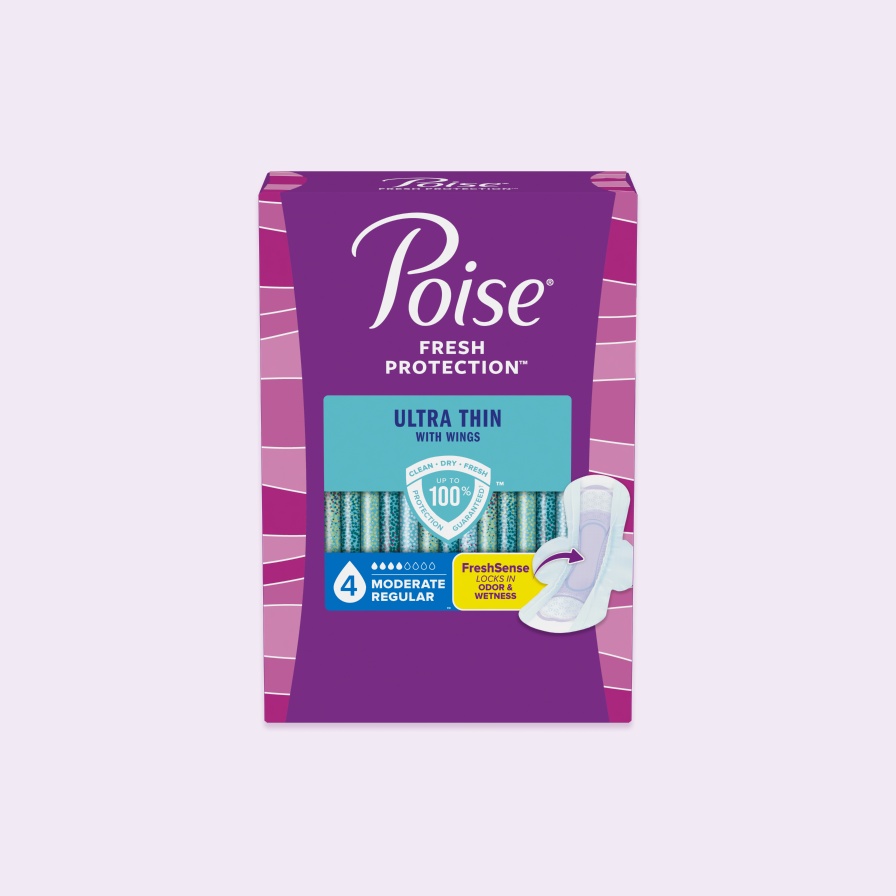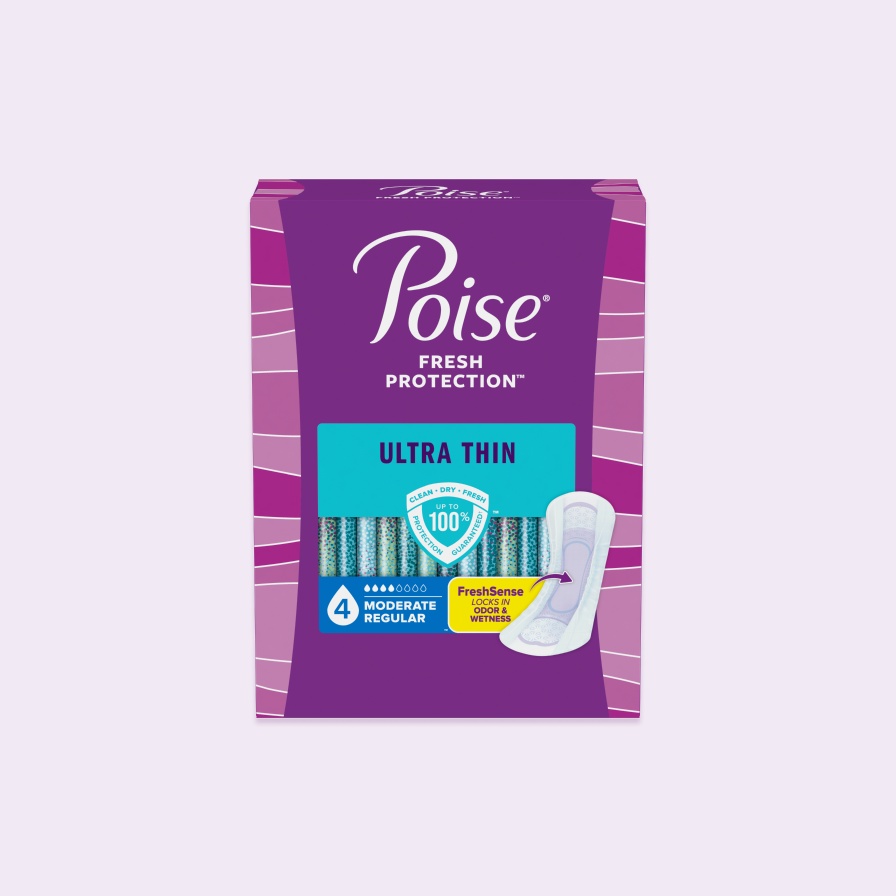Qu’est-ce qu’une bouffée de chaleur?
Qu’est-ce qu’une bouffée de chaleur?
Presque toutes les femmes ont entendu parler de la redoutable bouffée de chaleur, le symptôme le plus courant associé à la transition vers la ménopause. Qu’est-ce qu’une bouffée de chaleur? Que se passe-t-il à l’intérieur du corps qui cause la bouffée de chaleur? Est-ce que toutes les femmes en ménopause en font l’expérience? Peuvent-elles être dangereuses? Peut-on faire quelque chose pour les minimiser, les arrêter lorsqu’elles se produisent, voire les empêcher de se produire?
Explorons la mystérieuse bouffée de chaleur. Avec la connaissance vient le pouvoir, et chaque femme a envie de se sentir puissante et en contrôle.
Description d’une bouffée de chaleur
Une bouffée de chaleur liée à la ménopause est simple : une sensation intense de chaleur qui commence habituellement à la taille et qui se déplace rapidement vers le visage. Il lui faut de 30 à 60 secondes pour atteindre le visage, où elle se dissipe enfin. Pendant l’épisode de bouffée de chaleur, vous pourriez commencer à transpirer, parfois abondamment. Avec la transpiration, vous pourriez remarquer une augmentation de votre fréquence cardiaque. Très rarement, une bouffée de chaleur peut causer des nausées ou des étourdissements. Cependant, vous pourriez ressentir une envie irrésistible de déchirer vos vêtements! C’est le type de bouffée de chaleur qui attirera votre attention. Bien qu’elles puissent parfois vous donner l’impression que vous allez mourir, les bouffées de chaleur ne tuent pas. Mais les sentiments de frustration et de perte de contrôle qu’elles entraînent peuvent vous donner des envies de meurtre.
Les bouffées de chaleur ne sont pas toutes égales. Elles sont comme des feux d’artifice. Certaines sont de grandes et belles explosions de chaleur et de couleur intenses, tandis que d’autres s’éteignent rapidement. On ne sait jamais quand ce phénomène va commencer et à quoi il ressemblera. La fréquence est également imprévisible. Toutes les femmes qui ont des bouffées de chaleur pendant la ménopause se rendent compte que leur corps subit un « changement », mais cela ne signifie pas que vous devez aimer le processus, ou que vous ne voulez pas l’empêcher de se produire. Même si nous voudrions que toutes nos amies souffrent avec nous, certaines femmes sont plus chanceuses que d’autres. Elles peuvent avoir une bouffée de chaleur et se demander de quoi nous parlons toutes. C’est à ce moment que nous cesserons probablement de les inviter à la maison pour le souper.
Physiologie d’une bouffée de chaleur
Les bouffées de chaleur pendant la période de transition de la ménopause sont causées par une chute soudaine de l’œstrogène. L’œstrogène est l’hormone responsable de la régulation de la température corporelle. La température corporelle est gérée par un processus qui consiste à garder les vaisseaux du corps ouverts et à faire circuler le sang facilement à travers eux. C’est ce qu’on appelle la vasodilatation. Lorsque vous avez une bouffée de chaleur, les vaisseaux sont temporairement resserrés. Il ne s’agit pas d’un processus dangereux, mais simplement agaçant.
Reprenez le contrôle
Il existe de nombreux choix en matière de gestion des bouffées de chaleur. Si les bouffées de chaleur ont un impact important sur votre vie quotidienne, une discussion avec votre médecin est le point de départ idéal. Toutefois, si les bouffées de chaleur vous incommodent sans vous désespérer, la gestion de la fréquence des bouffées de chaleur et des ajustements de style de vie pourraient constituer un plan qui vous convient. N’oubliez pas que chaque femme est unique et que ce qui peut fonctionner pour votre meilleure amie pourrait ne pas vous convenir.
Les options pour gérer les bouffées de chaleur se divisent en trois catégories :
- Changements de style de vie – la solution la plus simple et non effractive
- Traitement de médecine douce et parallèle
- Hormonothérapie
Changements de style de vie : Vous avez certainement entendu les conseils habituels : superposez vos vêtements, réduisez votre consommation de caféine et d’alcool, ne fumez pas et gérez votre stress. Utilisez des solutions de rafraîchissement : les ventilateurs portatifs ou le nouveau gel rafraîchissant en applicateur à bille et les lingettes rafraîchissantes (maintenant offerts par Poise) sont d’excellents choix. Une étape supplémentaire serait :
Exercice aérobique : 4 à 5 fois par semaine (améliore la circulation, ce qui diminue la fréquence et l’intensité des bouffées de chaleur)
Consommation quotidienne de protéines végétales : (soja, légumineuses, lentilles, haricots), en plus d’augmenter la consommation de poisson gras contenant des oméga-3 (saumon, sardines, thon) au moins trois fois par semaine Repos adéquat : Cela peut être difficile si vous ne dormez pas bien en raison de sueurs nocturnes, mais il est beaucoup plus facile de faire face aux bouffées de chaleur lorsque vous êtes bien reposée
Traitement de médecine douce et parallèle : Cette approche a rapidement gagné en popularité dans la prise en charge des bouffées de chaleur, d’autant plus que les hormones ne sont plus la solution de choix en raison du risque et des effets secondaires à long terme. Le traitement par la médecine douce et parallèle n’a pas de risque à long terme signalé et peut être interrompu à tout moment sans effets secondaires. Voici des exemples :
- Taï-chi, yoga, méditation, et massage thérapeutique
- Acupuncture
- Aromathérapie
Herbes et suppléments : Essayez les isoflavones de soja, l’herbe de Saint-Christophe ou les acides gras oméga-3
Hormonothérapie : Il s’agit de la norme de référence depuis plus de cinquante ans dans la prise en charge des bouffées de chaleur. N’oubliez pas qu’une diminution de la concentration d’œstrogènes pendant la période de transition de la ménopause est la cause des bouffées de chaleur. Il est donc logique de croire que si vous remplacez l’œstrogène que le corps ne produit plus, vous n’aurez plus de bouffées de chaleur. La plupart des femmes savent maintenant, avec la publication de la célèbre étude WHI en 2002, que le remplacement de l’œstrogène pendant la ménopause peut être coûteux. Cet article n’a pas pour objectif de discuter en profondeur des avantages et des inconvénients de l’hormonothérapie. Il suffit de dire : la plupart des femmes n’en auront pas besoin, certaines femmes en auront besoin, aucune solution unique ne convient à toutes les femmes. Nous sommes toutes uniques. Discutez de vos options avec votre médecin.Réunir tous les éléments
Comme vous pouvez le constater, il n’y a pas de « normalité » en ce qui concerne les bouffées de chaleur; le nombre de bouffées de chaleur que vous ressentirez au cours d’une journée, leur intensité, ou même leur durée. Tout le monde a une « empreinte santé » unique. De nombreux éléments varient d’une femme à l’autre. Bien que certaines femmes continuent d’avoir des bouffées de chaleur longtemps après la fin de la transition vers la ménopause, la durée moyenne est d’environ deux à dix ans. Il existe de nombreuses options en matière de gestion des bouffées de chaleur. Vous n’avez pas à souffrir. Explorez vos options, parlez à vos amies, gardez l’esprit ouvert et n’oubliez pas que c’est une période temporaire.
Produits Recommandés
Niveau d'absorption
Niveau d'absorption
Niveau d'absorption
Niveau d'absorption










